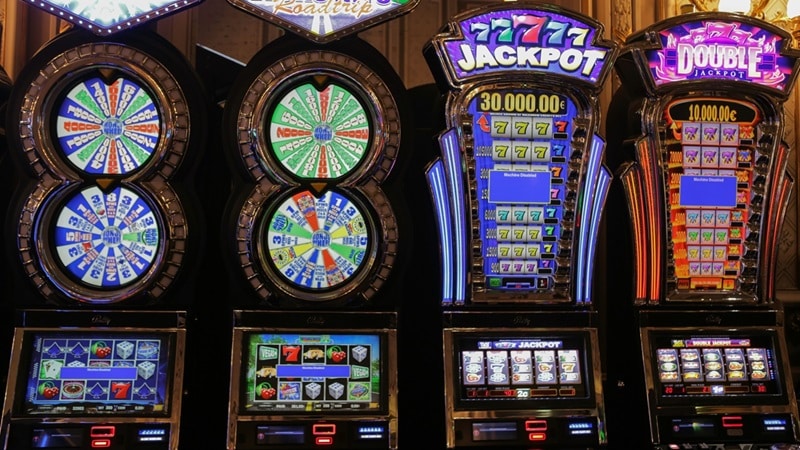
Discover how New Zealand’s land-based casino industry’s pokies and electronic gaming machines will soon become completely cashless! (Photo by Amit Lahav on Unsplash)
Sky City is among the first land-based casinos in New Zealand to announce that it will change its casino gaming machines only to accept card payments.
One of the aims behind the move into to prevent underage gambling, while also the move helps banks to keep tabs on players who gamble. It could also help banks identify those who are over-gambling using credit card debt to fund their gambling activities.
Although this is just a tiny step towards lowering the risk of people getting into financial difficulty due to gambling, it is a step forward for the NZ land-based casino industry.
Electronic Gaming Machines (EGMs)
Also known as EGMs, the idea to bring cashless gambling machines into New Zealand’s land-based gambling industry first came via the New Zealand Department of Internal Affairs (DIA). The DIA is responsible for overseeing the country’s gambling market and has slowly been pushing EGMs onto various gambling venues.
Players can set the amount of cash they want to add to a session on a pokie, and when they finish, the machine will credit the card back with the winning or remaining balance. Casinos can also take advantage of cardless machines by introducing loyalty cards that can double up as a card to deposit cash onto EGMs.
Are Electronic Gaming Machines (EGMs) An Invasion of Privacy?
In a nutshell yes. However, governments are using the issue of problem gambling to propel the installation of carded only pokies and other gambling machines. To some this may seem unreasonable, but there are several arguments for and against EGMs and their obvious invasion of privacy.
Arguments For and Against Invasion Privacy
After looking deeply into the topic, mostly by reading a 41 page PDF report covering Electronic gambling machines in New Zealand, the arguments for against mandatory EDM through New Zealand come with so many variable. In the end, the conclusion I have to come to as low stake land-based and online gambler is, eventually everything is going to become cashless anyway.
For me, I don’t mind if my bank sees I gamble, and as I gamble online on William Hill and 888Casino, my bank already knows I am transacting with casinos. I use sound bank roll management, and I never bet more than I can afford, so I have nothing to hind.
However, I also understand the point of view that privacy is a right every democratic government should offer its citizens, yet, who are we kidding. We know that our governments are always going to push through with their agenda slowly but surely no matter what we think, so from my point of view, I just accept the fact that the future is going to become a cashless one!
Despite the many variables that contribute to arguments for and against EGMs, I decided to research the topic and I came up with the most common hot topics covering the topic of EGMs and privacy.
Sensitivity Versus a Society Already Going Cashless
A large portion of New Zealand’s commerce is fulled by cashless payments anyway, and so many feel gambling shouldn’t be any different. However, gambling is a sensitive topic for some people who may want to keep their pokie gameplay private.
Yet, most people who gamble responsibly only bet a few dollars a week on pokies or other gambling machines, which makes up for the majority of gamblers. Therefore, the theory is that most people won’t mind if their bank knows they spend a few dollars on occasion having a flutter.
From the Bank’s and Society’s Point of View
Some debate that if you are using cashless payments in every day life but you feel you need to hide your gambling activities, then you are either washing dirty money or you must have a gambling addiction. It’s not really the best assumption to make, but this is the argument that will seal the deal whether we believe it is right or wrong.
Either way you look at this point view, we can still come to the conclusion that forcing people to use cards is still an invasion of privacy. Yet, there is a positive side to this argument that many economists will likely agree with.
If EGMs allow New Zealand banks to spot those that gable excessively and get into debt, then banks the correct systems in place could prevent these people from gambling further. This not only helps to save someone from the woes of problem gambling, but also helps to stablise the financial system and reduce tax burdens on everyday Kiwi citizens.
- Stablising Financial Systems: People that get into debt through gambling usually end up filing for bankruptcy. This puts pressure on the banks, and the banks reduce interest rates on savings account to cover excessive debt insolvency, while they also raise the price of their services. Less bankruptcy means higher interests on people’s savings account and less costly banking services.
- Reducing the Tax Burden: When NZ citizens file for bankruptcy, this is a public service paid for by tax payer’s money. Fewer bankruptcy cases due to excessive debt from gambling would put a small dent in the outgoing government costs funding the country’s court system.
As I said, there are many variable to consider, and they all come from just one topic – EGMs. What are your views on the topic? Please feel free to leave a comment below.
Related News: Recently in the Casinoplusbonus news columns we covered the introduction of iGaming licensing coming to New Zealand, which will effectively makes overseas online casinos illegal in the country. You can find out more via Jack Bannon’s New Zealand Domestic Online Casino Regulator by 2026 news report.



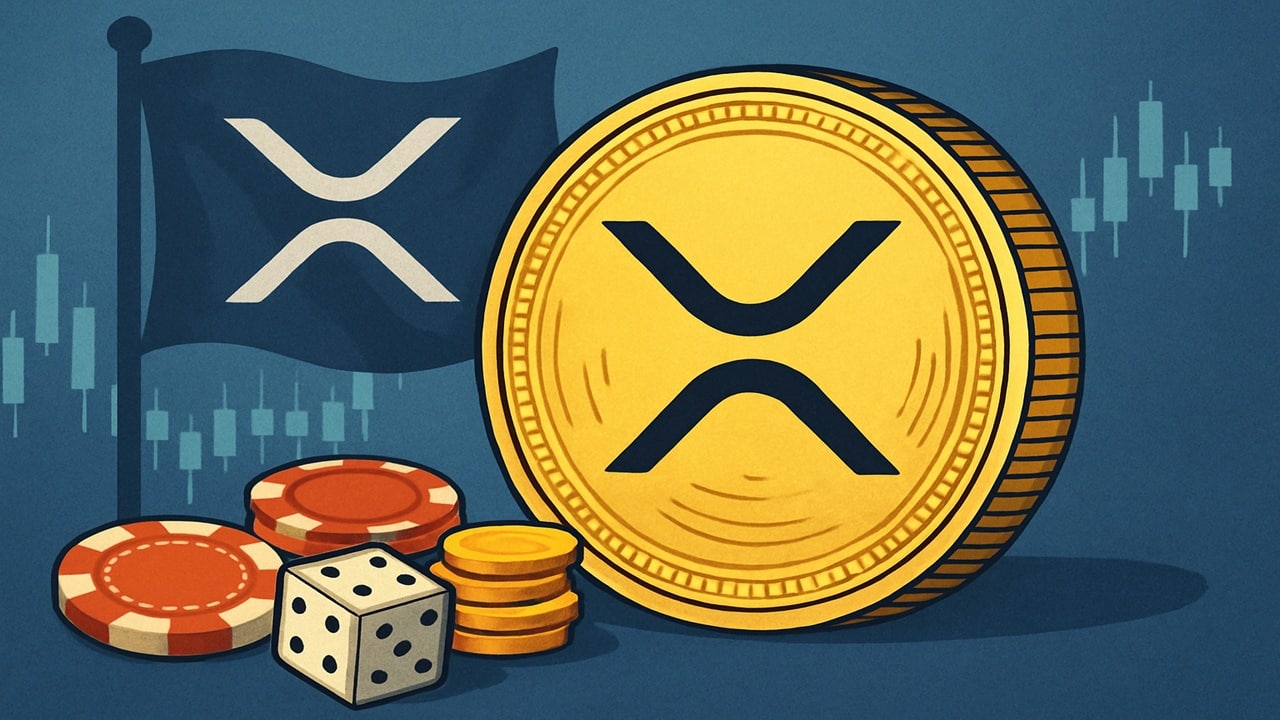
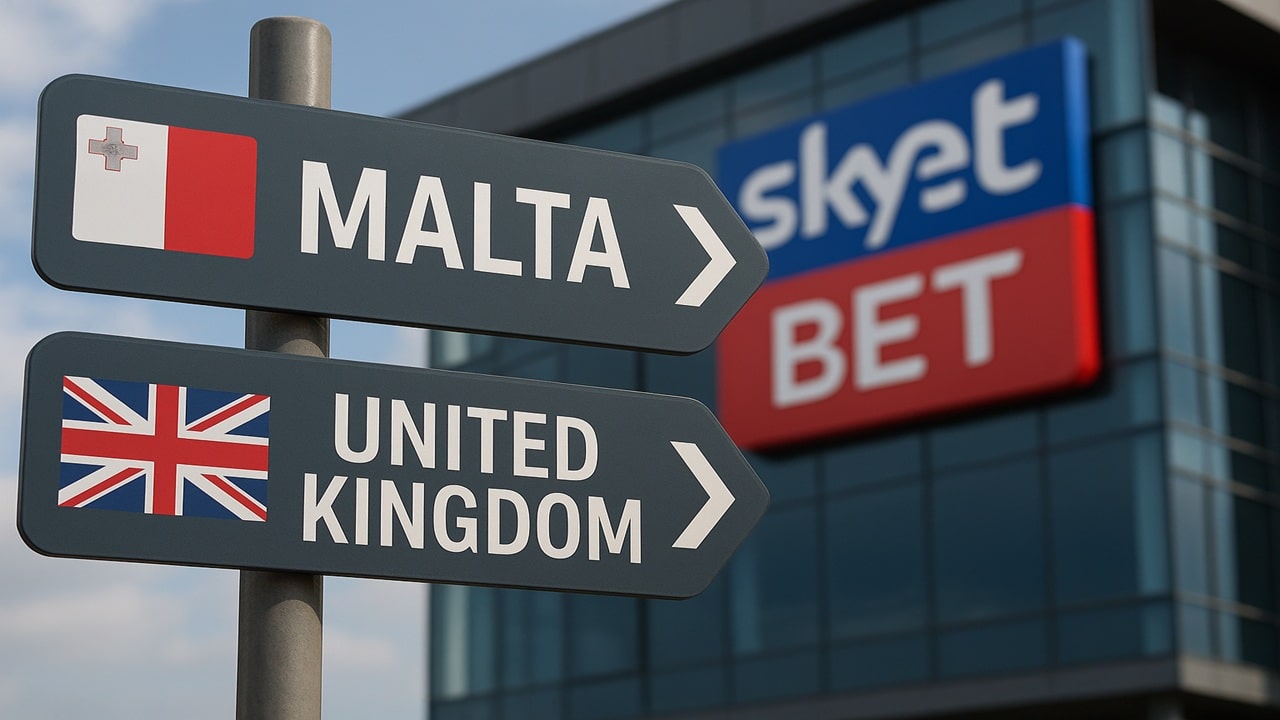




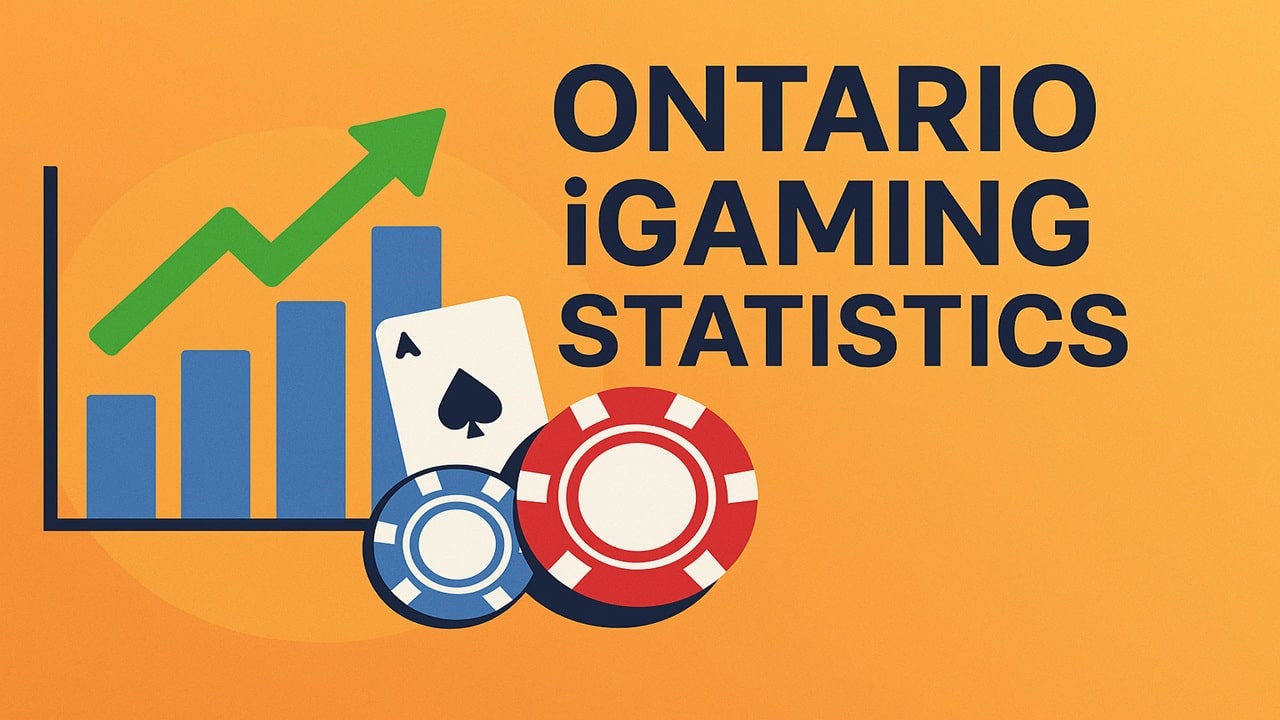

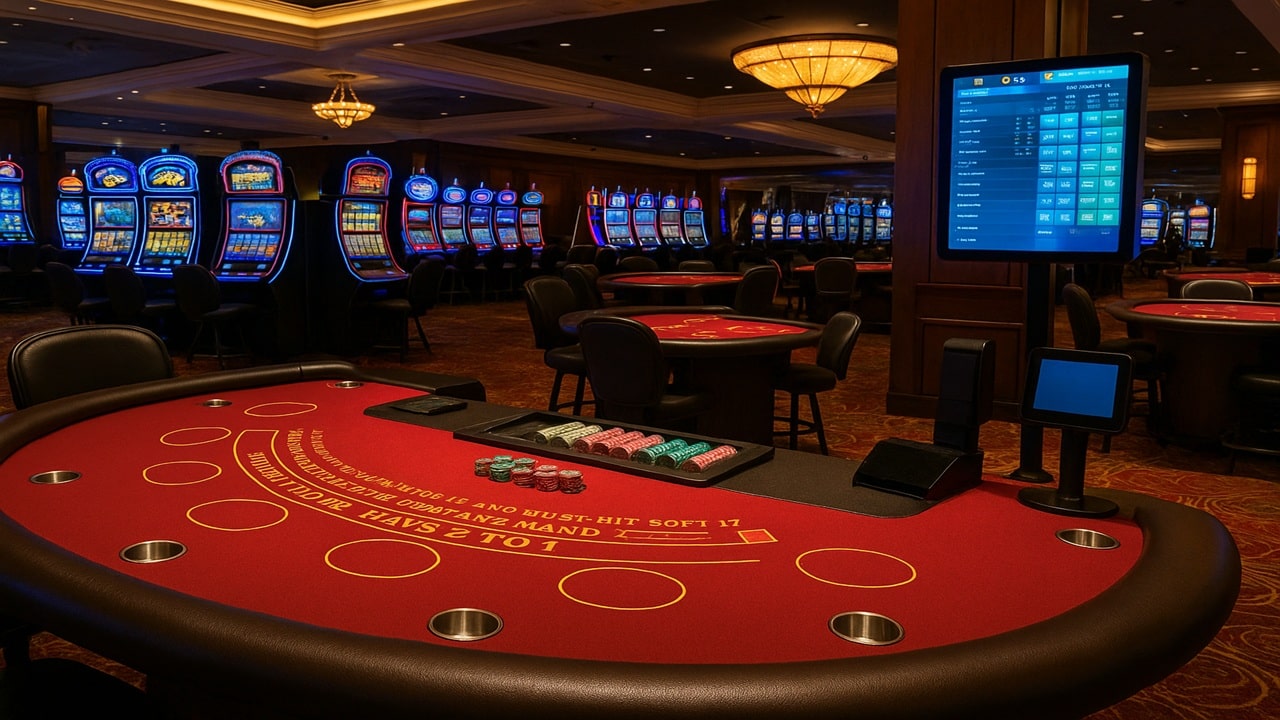






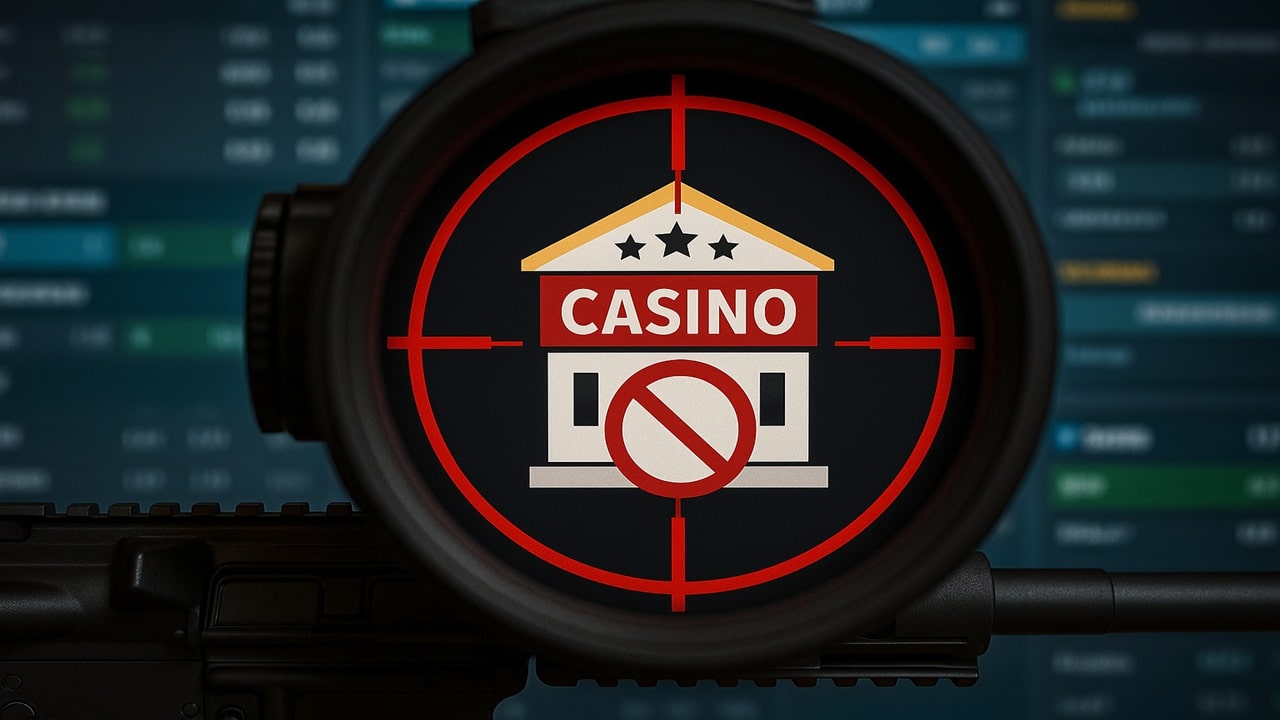
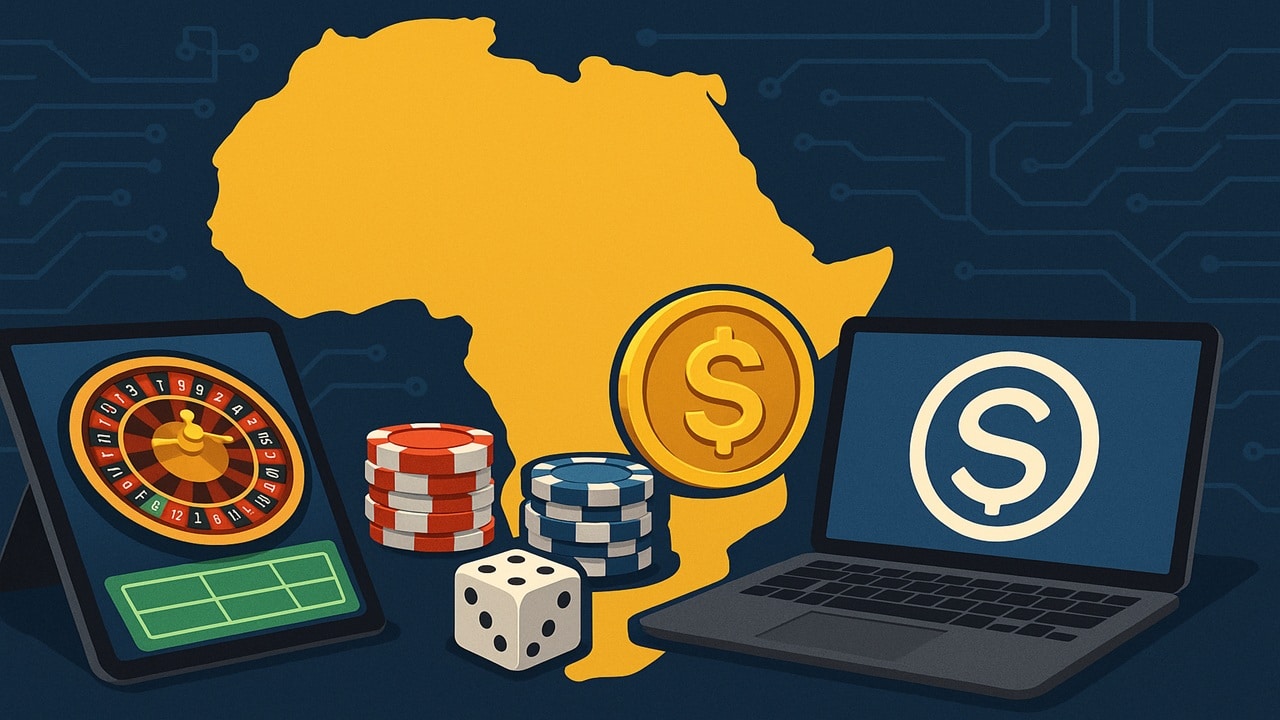





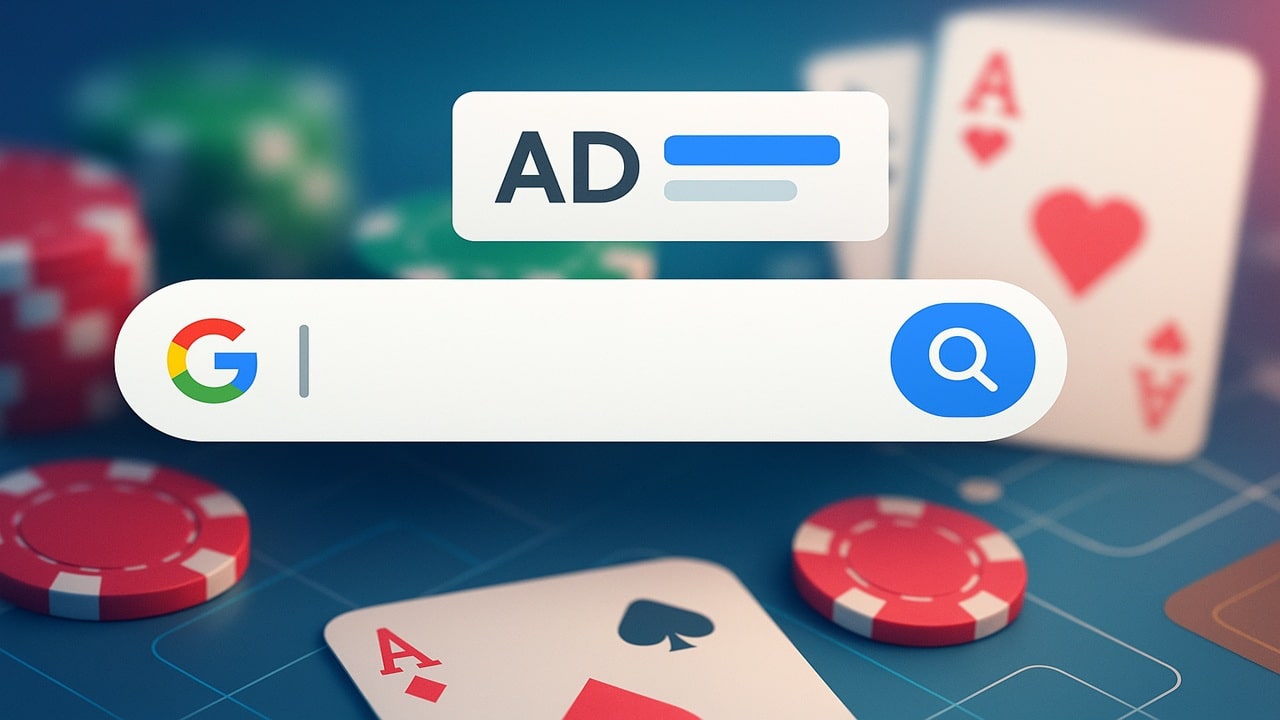
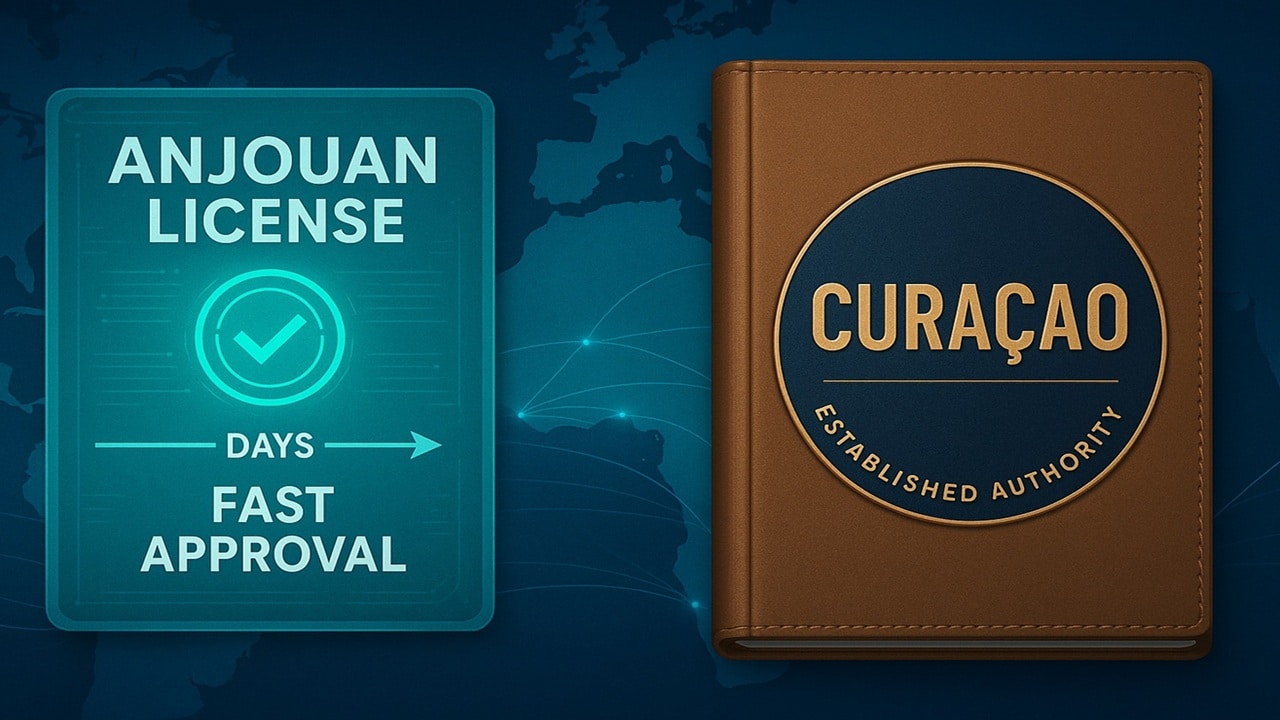
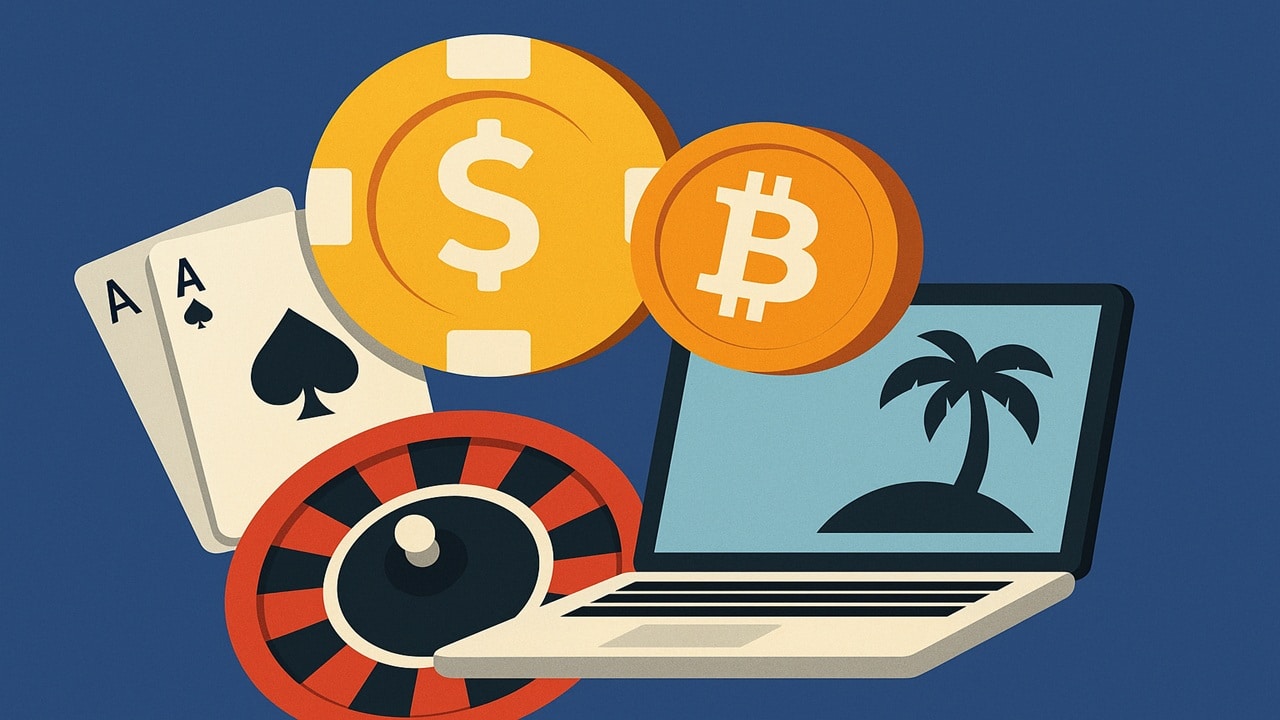

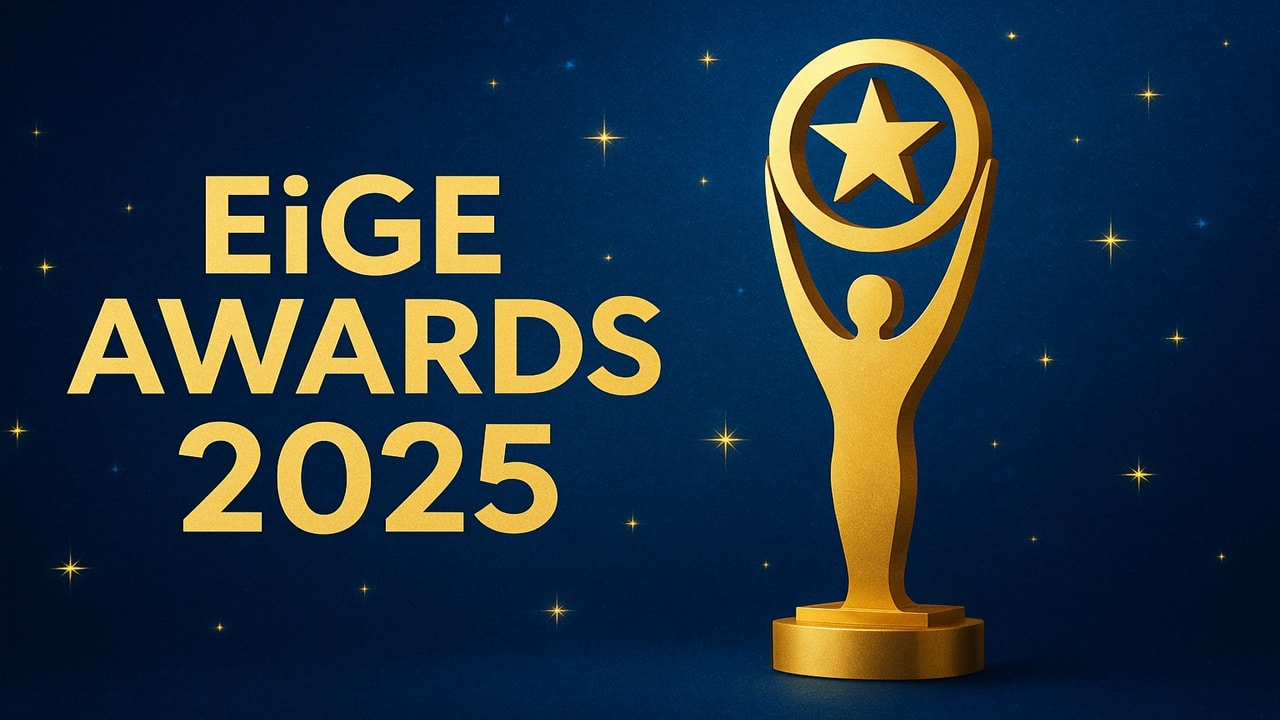
Leave A Comment